The conference titled “From Silk Road to Superhighway: A Decade of the Belt and Road Initiative” is dedicated to providing a comprehensive assessment of the Belt and Road Initiative (BRI) since its inception in 2013. Over the past decade, the BRI has asserted itself as a transformative global force, influencing both hard and soft power dynamics on an international scale. Its reach extends beyond infrastructure development and cultural exchange, encompassing China’s extensive global engagements. This interdisciplinary conference will serve as a vital platform for scholars to engage in an exploration of the BRI’s impact, transcending the conventional focus on infrastructure and development finance. By examining themes spanning from environmental repercussions to Foreign Direct Investment (FDI) and cross-cultural interactions, this conference will broaden our perspectives on how the BRI has not only contributed to but also reshaped the global landscape, influencing Global Asia and far-reaching regions. Through analysis and discussions, this conference is poised to foster a more nuanced understanding of the BRI’s enduring global influence, shedding light on its impact on the evolving global order, underlining China’s significant role in the emerging international arena.





